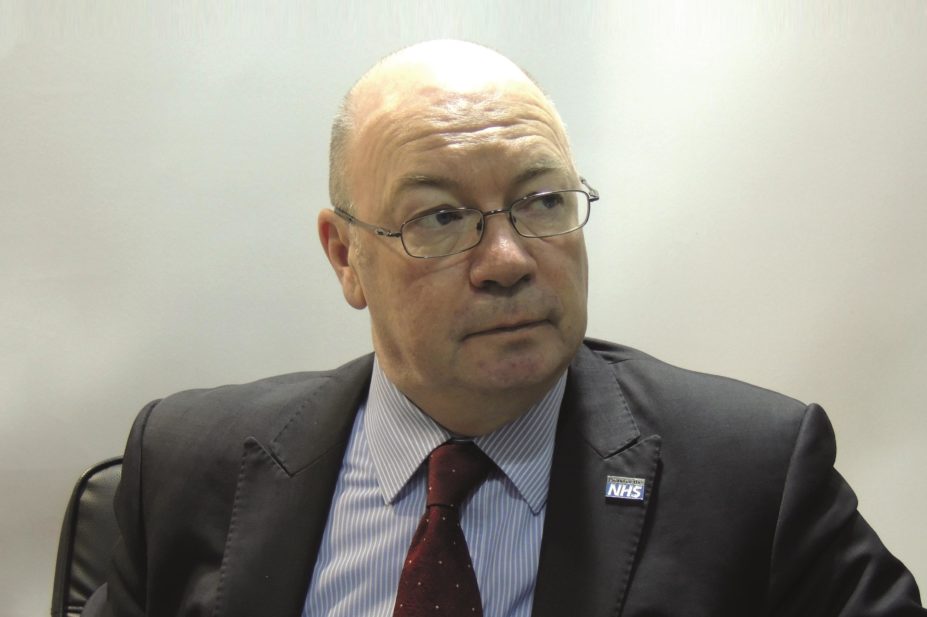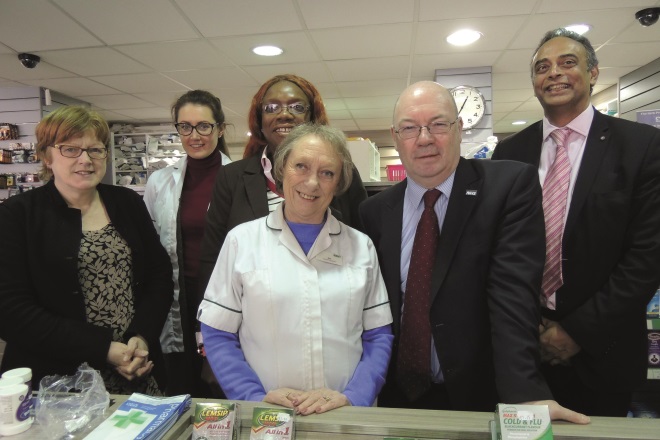
Royal Pharmaceutical Society
The government is not making any presumptions about community pharmacy closures which could result from its proposals for the sector, according to Alistair Burt, minister of state for community and social care.
“I have no expectations in terms of the number of closures that might happen,” Burt told The Pharmaceutical Journal on 11 February 2016. “We just don’t know what the situation will be. There is no government plan for any closures; it is not a directive.”
Burt’s comments follow reports that the minister, who has responsibility for pharmacy, predicted that up to one in four pharmacies could close, as many as 3,000 in total, as a result of the 6% funding cuts to the community pharmacy contractual framework, which are due to take effect in October 2016.
He said that the government was “setting the overall envelope” within which pharmacy would operate and that there were “opportunities within that envelope”.
“That pharmacy will change is highly likely,” he said, “but how it will look is up to the pharmacy profession.”
Burt insisted that the £2.63bn on offer to fund the community pharmacy contract, down £170m from £2.8bn, was still a “substantial” amount and that expenditure for the health service as a whole was increasing.
“That increase has to be funded through efficiencies,” he said. “Yes, there will be implications but that is what the consultation is about — how to make the best use of the money.”
Burt made his comments following a visit to Copes Pharmacy in Streatham, south east London, owned by Ash Soni, president of the Royal Pharmaceutical Society. Ahead of the visit, Soni said that the main focus would be to show the minister “all the elements of care that the pharmacy delivers” and to demonstrate that “the staff are all trained or being trained to enhance their skills and increase the offer to the public”.

Source: Charles Willis / Royal Pharmaceutical Society
Left to right: Sandra Gidley, chair of the RPS English Pharmacy Board, and staff from Copes Pharmacy, Justina Navickaite, health champion and trainee technician, pharmacist Evelyne Nukajam and medicines counter assistant Pat Jeary, with Alistair Burt and Ash Soni
“The reduction in funding will reduce the ability to invest in this way,” says Soni. “Particularly if pharmacies like mine are unable to easily access the proposed integration fund to maintain and enhance what we already do.”
But Burt pointed out that many of the services being provided by Copes Pharmacy were funded through primary care allocations and other funding streams, and that the details of both the integration and access funds were still being worked out.
“I’ve already made it clear that I want to play an active part in encouraging commissioners to fund services through pharmacy,” the minister said.
The Department of Health will consult on its proposals with pharmacy and patient organisations until 24 March 2016. The proposals include a range of measures to make efficiency savings while extending clinical roles for the profession.
References

